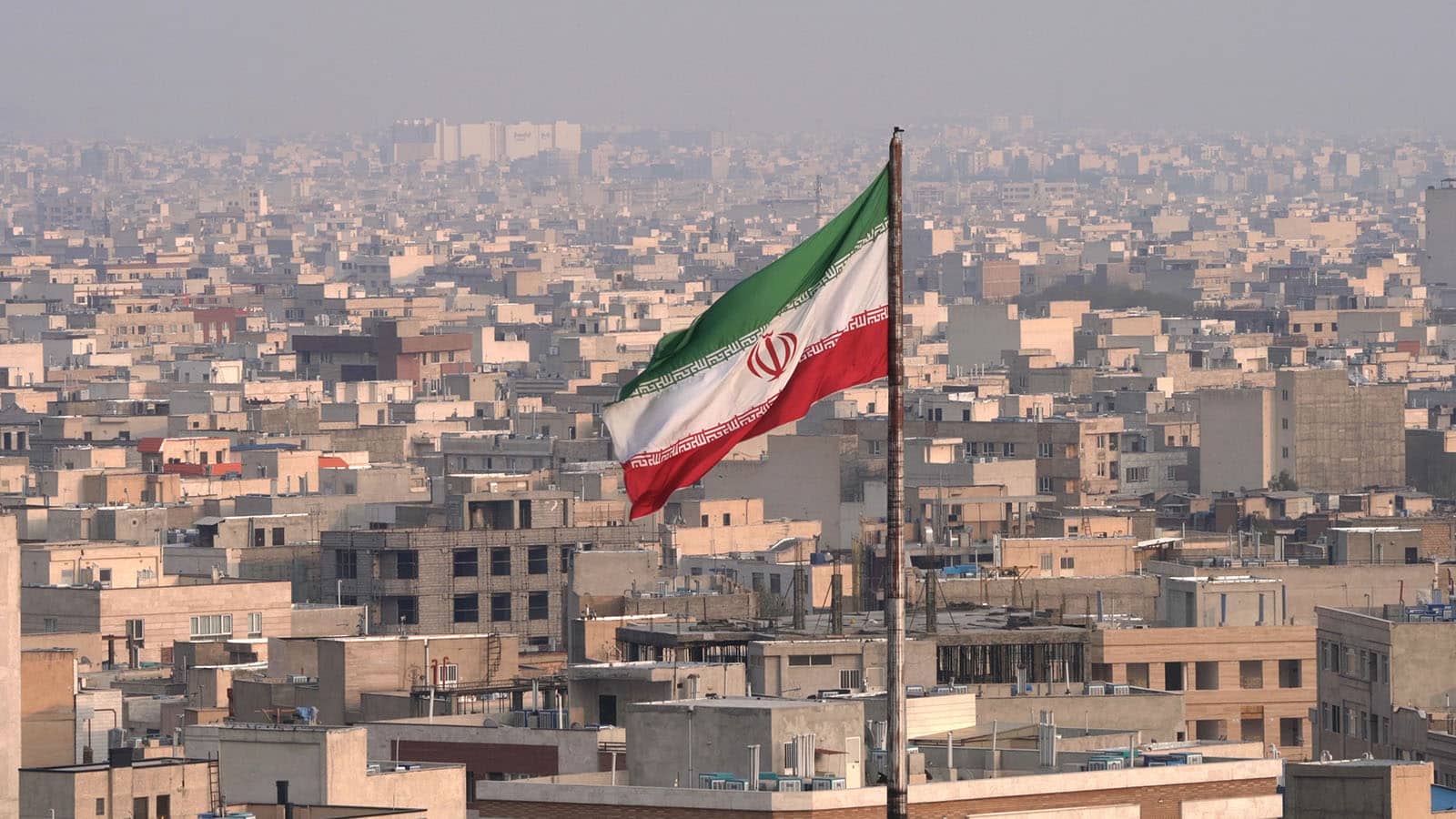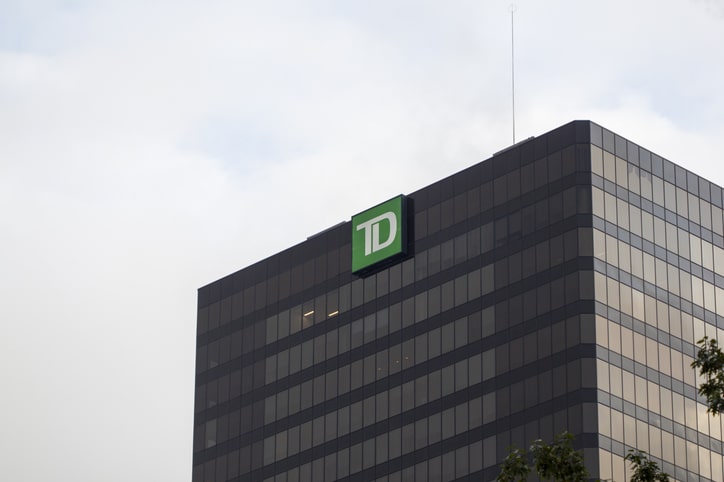Filing an Anonymous AML/Money Laundering Complaint
If you have information about a potential money laundering case, you may be eligible to file an anonymous claim. The claim should be filed with FinCEN, the Financial Crimes Enforcement Network. However, the law requires that a licensed attorney file the anonymous claim on your behalf.
Updated
May 14, 2025

Through the AML Whistleblower Program, whistleblowers are able to anonymously submit tips about money laundering and sanctions violations to the Financial Crimes Enforcement Network (FinCEN) by having a licensed U.S. attorney file the claim on their behalf. A whistleblower who files anonymously is still eligible for monetary awards under the whistleblower award provisions of the AML Act.
Currently, FinCEN has not published any regulations outlining how whistleblowers should submit tips through the AML Whistleblower Program. These regulations are expected to be published by the end of the summer of 2023.
However, Kohn, Kohn & Colapinto, has been in contact with FinCEN about the procedures for filing whistleblower complaints in the period when no regulations have been published. Individuals interested in anonymously filing an AML whistleblower complaint should thus consult an experienced AML whistleblower attorney.
What to include in your AML/Money Laundering Whistleblower Claims
When submitting a complaint to the FinCEN Office of the Whistleblower, it is important to make sure that your disclosure is detailed, organized, and complete. FinCEN wants as much information as possible to help them investigate the complaint.
FinCEN does not have set rules for what type of information is particularly helpful in their review of your claim, but they suggest providing a timeline, whether the conduct or violations are still ongoing, a description of all facts relevant to the alleged violations, why you believe these facts constitute violations of the Bank Secrecy Act or regulations administered by FinCEN, how you obtained the information that supports your allegations, names and contact information regarding other witnesses or key databases, your relationship with the subject of the complaint, and any other information you believe to be relevant.
Our Firm’s Cases

$2 Billion Recovered
Wilkinson blew the whistle on a $230 billion Russian money-laundering scandal that moved rubles out of Russia, converted them to dollars at Danske Bank Estonia Branch, then to moved the dollars to New York. The largest money laundering scandal in history.





